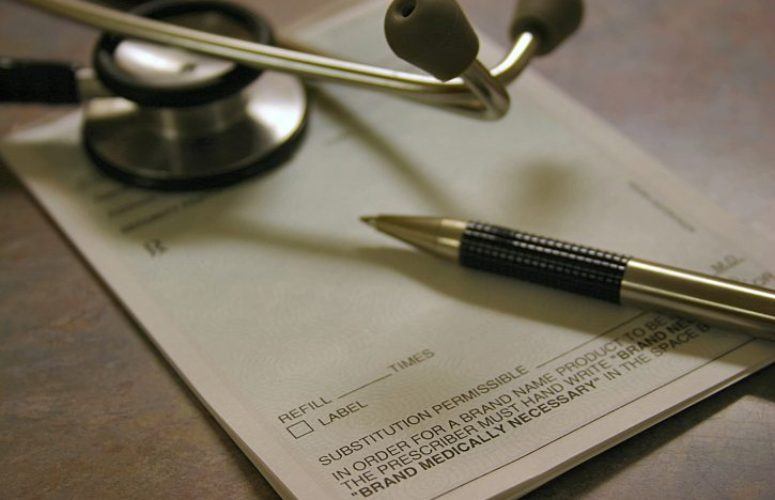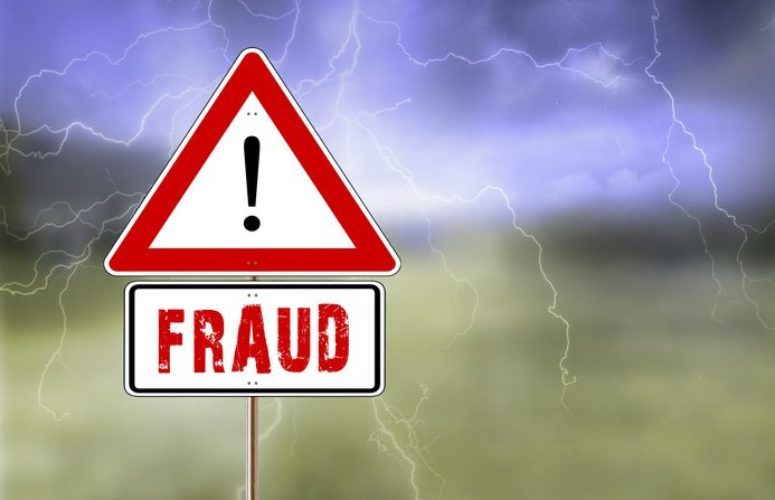
No Faith in Bad Faith Bill
At Issue
By Christine Buteas, NJBIA Chief Government Affairs Officer On Aug 3, 2018
Christine Buteas,
NJBIA Chief Government Affairs Officer
Insurance has never been cheap in New Jersey, but as costs go, it could be a lot worse. We still pay among the highest average premiums for auto insurance, but we’re about even with the national average when it comes to homeowners’. A bill passed by the Senate, however, could again make New Jersey an outlier for insurance.
The New Jersey Insurance Fair Conduct Act (S-2144) would re-write the legal definitions of good faith and bad faith in a way that could increase insurance costs by as much as 40 percent. NJBIA is trying to stop this bill in the Assembly.
Bad faith in insurance dealings is not a new idea. It simply means insurers cannot refuse to pay claims they should by finding technicalities in the insurance policy, low-balling estimates during adjustments, and more.
Solutions already exist for accusations of bad faith. Consumers who feel they have been treated unfairly can file a complaint with the New Jersey Department of Banking and Insurance, which will investigate and has the authority to penalize companies that violate the law. The complaint can even be filled out and filed online.
Additionally, existing state law already has a long list of actions considered bad faith. To establish a bad faith claim, the consumer only has to prove the insurance company had no valid reasons to deny or delay processing the claim and the insurance company knew or recklessly disregarded the fact that no valid reason existed for denying or delaying claim processing.
The “Fair Conduct” bill augments current law with additions so vague and broad that it would cause a dramatic increase in lawsuits against insurance companies.
The bill would create a private cause of action for any unreasonable delay in paying a claim or unreasonable denial of a claim; it does not explain what is meant by unreasonable. Hence, anyone who doesn’t like what an insurance company paid them for a claim can say it’s unreasonable.
As with any lawsuit, the plaintiff has few restrictions on when he or she can sue. Even cases that are dismissed as soon as they are heard still require a defense and incur legal costs. This is true for any business, not just insurance companies. For many companies, settling the case out of court often makes more financial sense even if the defendant is convinced the case is winnable.
It is within the realm of possibility that unscrupulous lawyers will target businesses with meritless lawsuits in the hopes of obtaining settlements. The bill certainly offers a financial incentive to do so: It provides for payment of actual damages, all litigation costs (yes, that means attorney fees too), and triple damages.
The ultimate price will be paid by the consumer as premiums will rise to cover either settlement or litigation costs. This isn’t hypothetical. According to a report conducted by the independent actuarial firm Milliman, the bill would result in an increase of 20-39 percent for both personal auto insurance and commercial auto insurance policies.
Additionally, the firm predicts:
- Commercial Multi-Peril Liability rates would increase by as much as 21 percent;
- Commercial General Liability would increase by as much as 22 percent;
- Commercial Multi-Peril non-liability would increase by 17 percent; and
- Homeowners’ insurance rates could increase by as much as 17 percent.
Businesses are already dealing with major cost increases thanks to new regulations, mandates and taxes. Getting a big hike in insurance costs is the last thing they need.
To access more business news, visit NJB News Now.
Related Articles:





